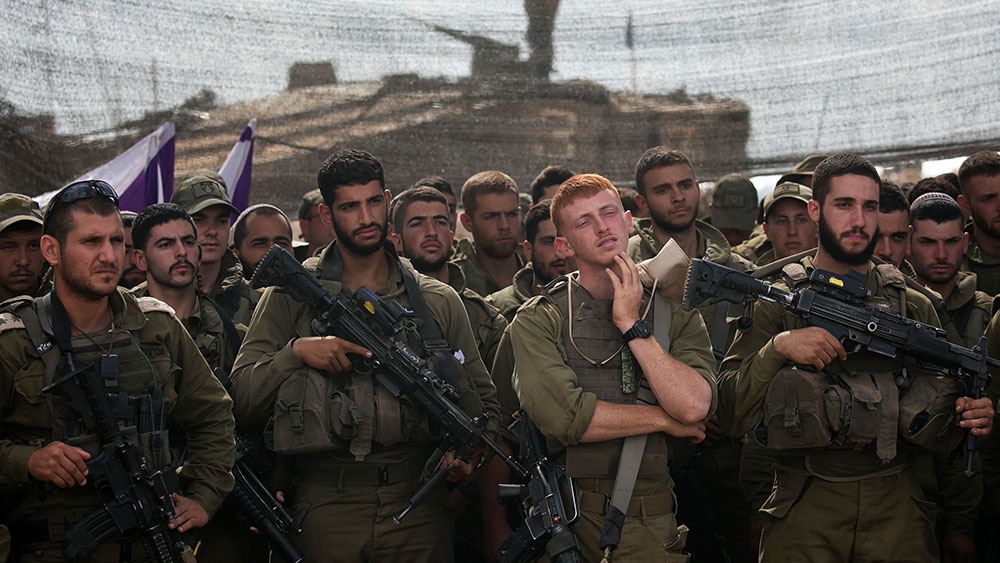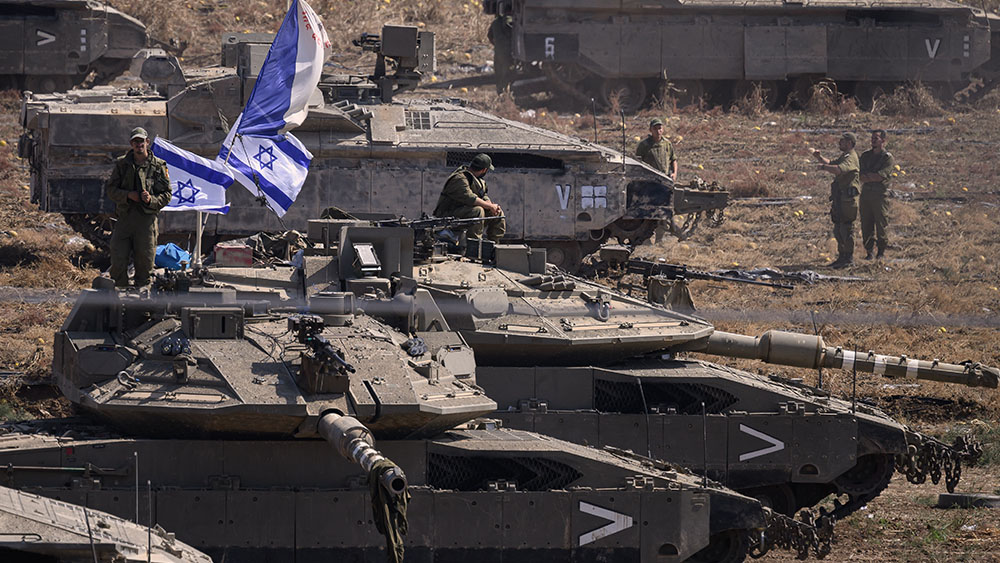 Parler
Parler Gab
Gab
Row over Gaza future
The discussion on what should happen following the war on Gaza has revealed deep ideological divides within the coalition, with Ben Gvir and Smotrich reiterating their belief in the meeting that Palestinians in Gaza should be permanently displaced and replaced with Israeli settlers. Another point of contention during the meeting was the announcement that the investigation is set to include former defence minister, Shaul Mofaz. The decision stirred discontent with far-right politicians, due to his involvement in Israel’s unilateral withdrawal from Gaza in 2005 and being a key figure in security coordination with the Palestinian Authority. A minister told Hebrew outlet Kan News that the discussions were “despicable” and that the army was attacked, causing “some senior members of the defence establishment to leave in the middle”. There was also conflict over whether a full team had been appointed to carry the investigation out, to which there was no clear answer given. Ben Gvir reportedly defended his right to question the chief of staff, saying “not all criticism is blasphemy, we are the ministers and this is our job.” Israeli Prime Minister Benjamin Netanyahu eventually cut off all discussion, ending the meeting and saying that it would continue another time.'Stormy discussions'
On Friday, Smotrich responded to the Israeli media reports of the meeting, saying that the meeting did not “explode” and instead the meeting was set to end at midnight. “Indeed, in the last five minutes there was a stormy discussion on the issue of the investigative team, but the loud voices were between the ministers and not in front of the chief of staff,” he posted on X. He added that the discussions were based around three main topics: the right to engage in investigation while the war is ongoing; if investigations should be dealt with internally with the military, or if there should be involvement from a political level; and the involvement of Mofaz. “My position is that operative investigations designed to draw lessons relevant to the continuation of the war must be done during the war, all the rest after the war. As far as I understand, this is also the position of the chief of staff,” he added, saying that his belief is that it is a matter for the army. Israeli politician Yair Lapid also took to X to decry the leaks from the meeting as a “disgrace and further proof that this cabinet is dangerous.” “The State of Israel must replace the government and its leader. These people are not worthy of the sacrifice and heroism of IDF men and women, and will not be able to lead a strategic decision. They have to go now,” he added. War broke out in Israel and Gaza on 7 October, when Hamas and armed Palestinian groups launched an attack on Israel that killed around 1,140 people, according to the government death toll. Meanwhile, Israel has killed more than 22,000 Palestinians in its aerial bombing campaign and ground assault, mostly women and children, according to the Palestinian health ministry. Read more at: MiddleEastEye.netEx-IRS consultant took job with intention of stealing Trump’s tax returns: DOJ
By News Editors // Share
Are the globalists preparing us for another lab leak?
By News Editors // Share
By News Editors // Share
Germany to furnish Israel with TANK SHELLS as Gaza death toll reaches 25,000
By Ethan Huff // Share
Chinese lab creates new mutant COVID-19 strain with 100% KILL RATE in “humanized” mice
By Ethan Huff // Share
Governments continue to obscure COVID-19 vaccine data amid rising concerns over excess deaths
By patricklewis // Share
Tech giant Microsoft backs EXTINCTION with its support of carbon capture programs
By ramontomeydw // Share
Germany to resume arms exports to Israel despite repeated ceasefire violations
By isabelle // Share










